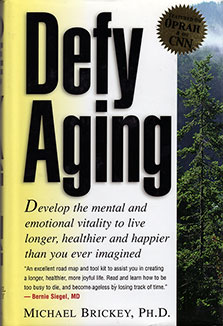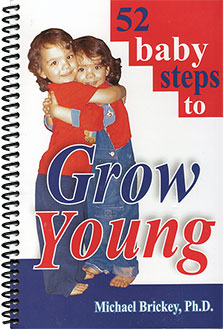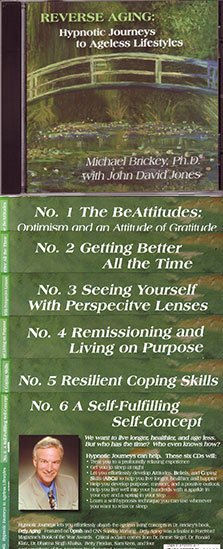Continuing Education Credits
Psychologists, social workers, counselors, and nurses:
Why spend time driving or flying to a seminar when you can obtain Continuing Education credits in the comfort of your home, and at a time convenient to you? Dr. Brickey has several online courses at ZurIntitute.com. The courses are approved for CEUs by numerous licensing organizations.






